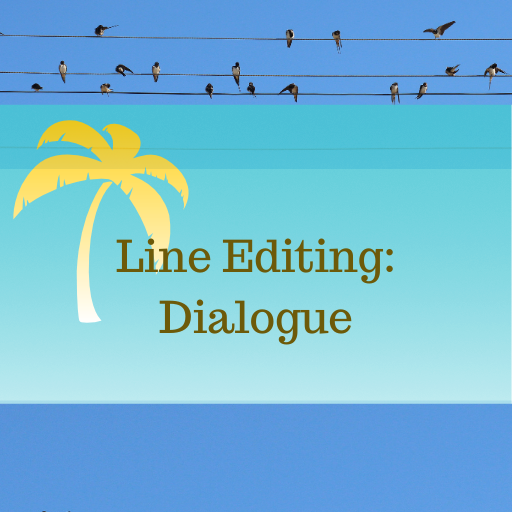7 Questions to Ask when Line Editing Dialogue
In fiction, dialogue is used to forward the plot and reveal character. But authors often get bogged down in writing boring, mundane conversations that may reflect how people actually talk, but aren’t very interesting for readers.
Helping authors sharpen dialogue can make a good book great. Sharper dialogue engages readers and keeps them immersed in the story world.
The 7 Questions for Line Editors
When line editing fiction, in general, we’re looking for the seven deadly sins. To find them, we need to ask the following questions:
- Does the author overuse dialogue tags, overuse adverbs in dialogue tags, overuse verbs other than “said” in the dialogue tags?
- Are any of the conversations “As you know, Bob” conversations (info-dumping)?
- Does dialogue include mundane exchanges?
- Is the dialogue necessary?
- Does the author include trite action beats associated with the dialogue (characters who constantly nod, shrug, or sigh)?
- Do speeches run on and on/does author engage in polemic?
- Do all characters sound the same or do they use different diction and can you tell them apart based on what they say and how they say it?

Solving Dialogue Problems
Bear in mind that for some of these problems, their solutions may lie in rethinking and reformulating the scene that contains the problem dialogue. “Rethinking” and “reformulating” scenes may be beyond the scope of your line edit, though. If your author is expecting you to focus on sentence-level issues rather than larger developmental issues, they will not appreciate solutions that require extensive rewriting.
In those cases, you would be better off finding a sentence-level solution (often, just deleting or trimming back the problem dialogue is a reasonable solution).
For some authors (and their editors), line editing is more connected to development and in those cases it’s fine to suggest bigger-picture solutions, such as rethinking how a scene is written.
So, how you edit a dialogue problem will depend at least in part on what the author’s expectations of your edit are. Make sure you’ve established that ahead of time.
Join the Club!
New to story editing? Begin at the beginning.



